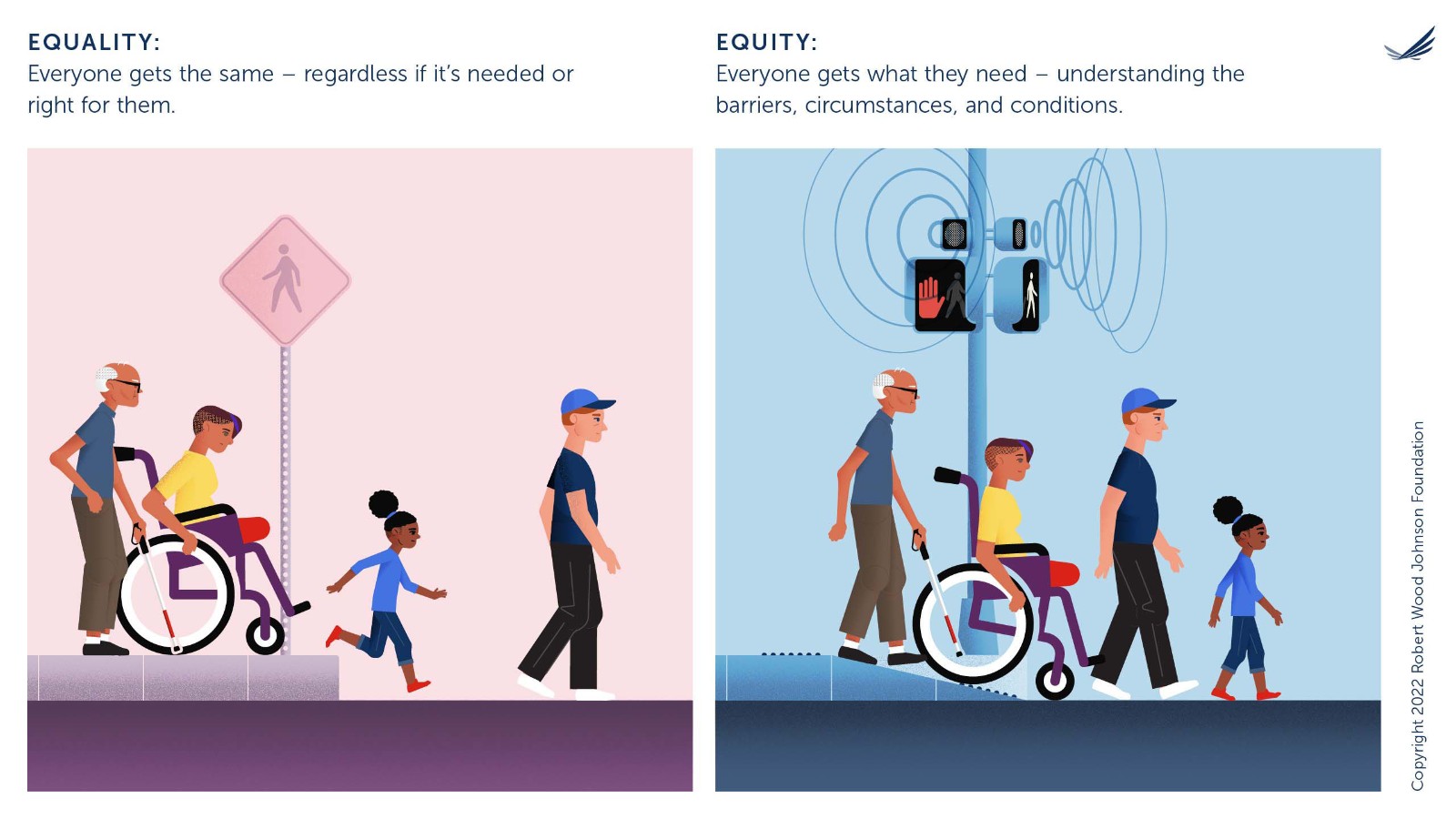Links

Affinity Groups
How can we achieve a balance of speakers at a scientific event? Finding speakers outside one’s network can be accomplished by contacting affinity groups that are organized around specific identities to seek eligible individuals with the relevant expertise on a given topic. This will entail including speakers from underrepresented backgrounds and geographical locations as well as considering gender, ethnicity, and career levels when choosing co-presenters. We compiled a list of affinity groups https://docs.

References
Arenas-Castro, H., Berdejo-Espinola, V., Chowdhury, S., Rodríguez-Contreras, A., James, A. R., Raja, N. B., … & Amano, T. (2024). Academic publishing requires linguistically inclusive policies. Proceedings of the Royal Society B, 291(2018), 20232840. http://doi.org/10.1098/rspb.2023.2840 Liu, F., Rahwan, T., & AlShebli, B. (2023). Non-White scientists appear on fewer editorial boards, spend more time under review, and receive fewer citations. Proceedings of the National Academy of Sciences, 120(13), e2215324120.

Resources
Resources for Women in Academia https://sobp.org/women-in-academia-and-covid-19/ An annotated introductory reading list for neurodiversity: Zaneva, M., Coll-Martín, T., Héjja-Brichard, Y., Kalandadze, T., Kis, A., Koperska, A., … & Zisk, A. H. (2024). An annotated introductory reading list for neurodiversity. Elife, 13, e102467. https://doi.org/10.7554/eLife.102467